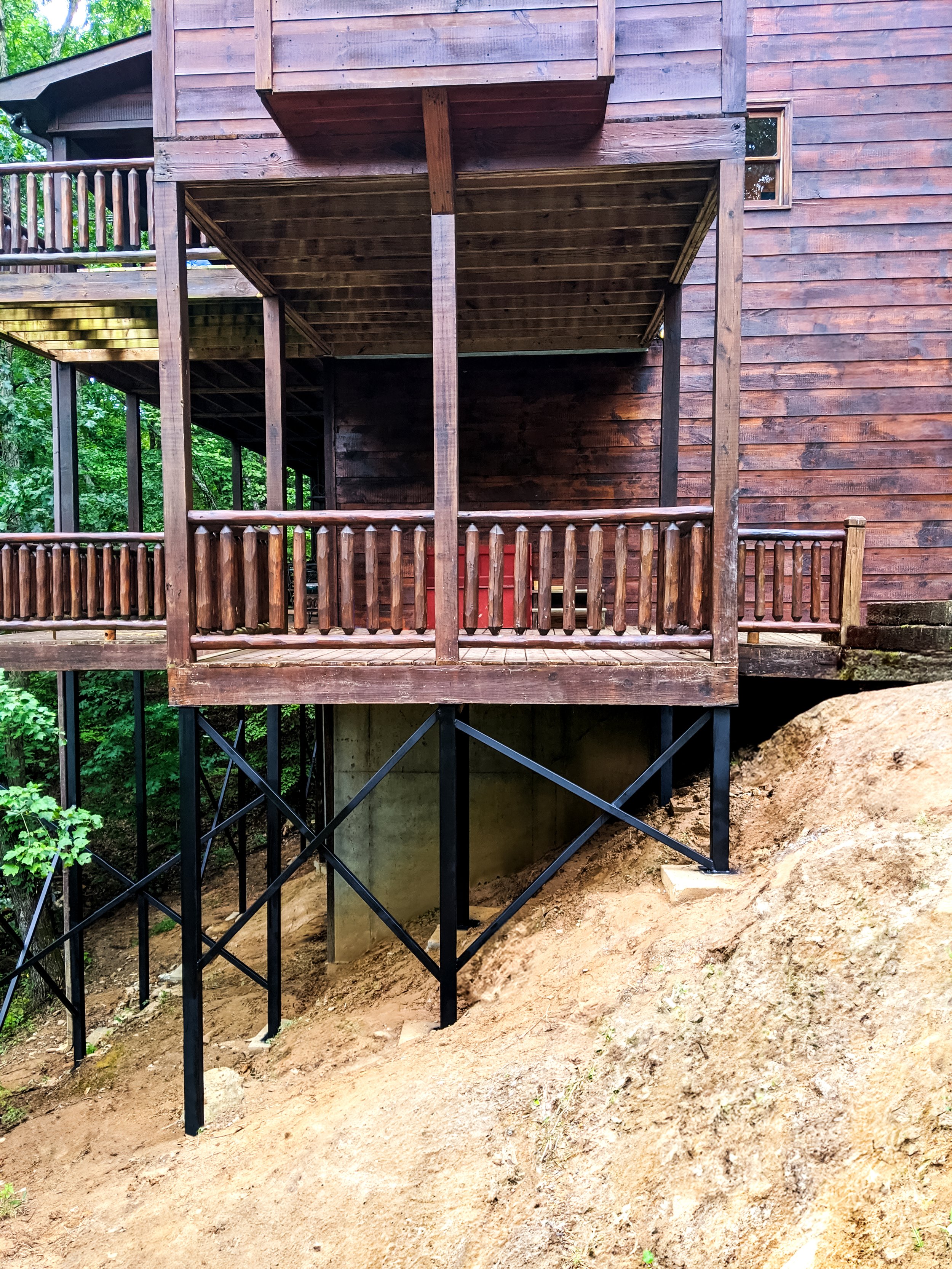
Can You Repair Rotten Decking Without Replacing It In Atlanta?
Introduction
Decks are more than just an extension of your home; they’re a gathering space, a place for relaxation, and sometimes even an outdoor dining room. However, over time, exposure to the elements can lead to unsightly and potentially hazardous rot. When faced with this issue, homeowners often find themselves at a crossroads: Should I repair the damaged boards or replace them entirely? In this article, we’ll navigate through the various aspects of deck dilemmas, focusing on the possibilities of repairing versus replacing rotten boards.
So, grab a cup of coffee and let’s dive into everything you need to know about keeping your deck in tip-top shape!
Deck Dilemmas: Exploring the Possibilities of Repairing Versus Replacing Rotten Boards
Understanding Deck Rot: What Is It?
Before making any decisions, it's critical to understand what deck rot is. Deck rot typically occurs due to moisture exposure over time. Wood absorbs water, leading to fungal growth that breaks down the structure.
Types of Deck Rot
Signs Your Deck is in Trouble
How do you know if your deck needs attention? Here are some telltale signs:
- Soft Spots: If you can poke through areas with your finger, it's time for action.
- Discoloration: Dark patches or a change in color can indicate rot.
- Cracking or Splitting: Visible cracks suggest that wood has lost its structural integrity.
The Cost Factor: Repair vs. Replacement
When it comes to costs, repairing might seem like an attractive option initially. But let's break it down further.
Cost Breakdown for Repairs
- Minor repairs (like replacing individual boards): $100-$500
- Moderate repairs (more significant areas): $500-$1,500
Cost Breakdown for Replacement
- Full deck replacement (depending on size and materials): $3,000-$15,000
Assessing Structural Integrity
Before you decide whether repairing or replacing is best for you, perform an inspection:
- Use a screwdriver to probe into suspected areas.
- Check joists and support beams for signs of weakness.
DIY vs. Hiring Professionals
Are you considering taking on this project yourself? Let’s weigh the pros and cons.
Pros of DIY
- Cost savings on labor.
- Sense of accomplishment.
Cons of DIY
- Risk of improper repairs leading to further issues.
- Time-consuming process.
If you're unsure about your skills or have extensive damage, searching for " decking repairs near me" might be your best bet.
Material Choices Matter: What Should You Use?
When repairing or replacing decks, material choice is crucial. Here are some popular options:
Each material has its pros and cons regarding durability and maintenance.
Environmental Considerations
Thinking about sustainability? Consider using eco-friendly materials like composite decking made from recycled products.



The Emotional Side of Deck Decisions
Sometimes it's not just about money or materials—it's emotional too! A deck often carries memories from family gatherings to summer barbecues.
FAQs About Deck Repairs and Replacements
1. How do I know if my deck can be repaired?
You should conduct a thorough inspection for soft spots and structural damage. If less than 25% is affected by rot, repairs might be feasible.
2. How long do repaired decks last?
With proper maintenance, repaired sections can last several years before requiring additional attention.
3. What's more cost-effective in the long run—repairing or replacing?
Generally speaking, repairing is cheaper upfront but could lead to more costs down the road if underlying issues aren’t addressed properly.
4. Can I use different materials when replacing parts of my deck?
Mixing materials is possible but may affect aesthetics and longevity; ensure compatibility with existing structures!
5. What’s involved in hiring professionals?
Professionals will assess your deck's condition, provide estimates based on work needed, and handle all aspects from removal to installation.
6. How often should I inspect my deck?
A biannual inspection is recommended—spring and fall are ideal times!
The Value of Regular Maintenance
Preventative care can save you headaches later on! Regular cleaning using a power washer can help keep mold and mildew at bay while sealing helps protect against moisture damage.
Conclusion
In summary, whether you're facing the dilemma of repairing versus replacing rotten boards on your deck requires careful consideration—and maybe even some expert advice! Factors such as cost, material choice, emotional value, structural integrity all play a role in making the right decision for you and your home’s outdoor space.
With so many options available—including searching for " decking repairs near me"—there's no reason to delay taking action on those damaged boards! Prioritize safety first because no one wants their summer barbecue interrupted by a wobbly deck board!
Now that you're armed with knowledge about potential solutions to tackle those pesky rotten boards confidently—let’s get started on enjoying that beautiful outdoor space again!